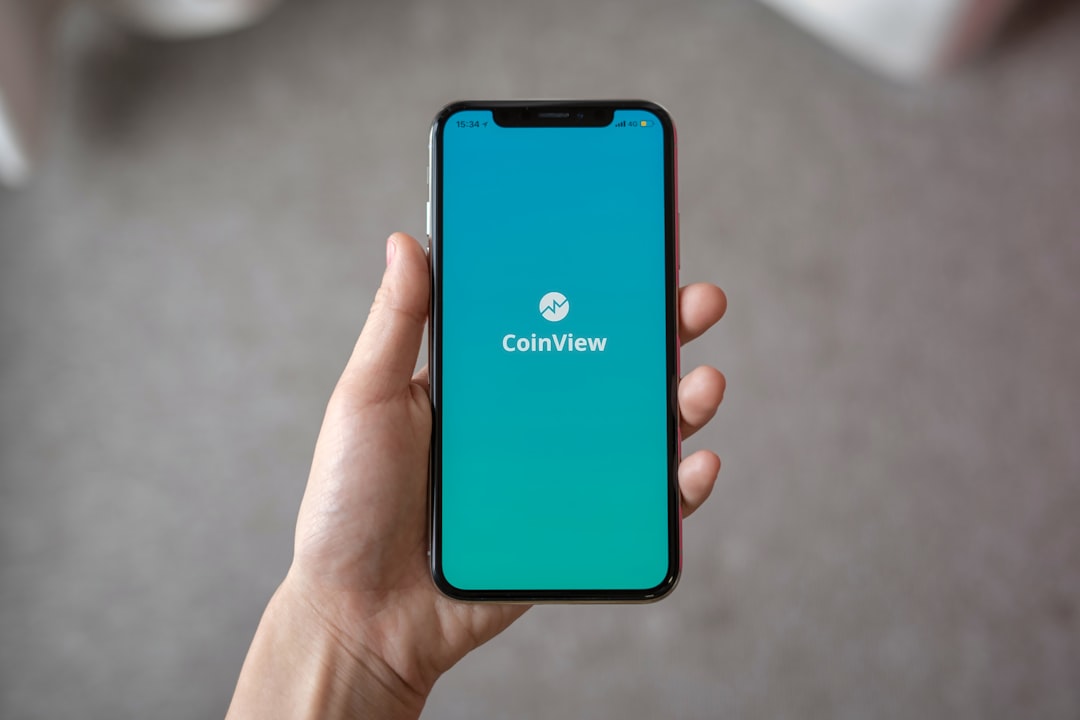Colorado's Fair Debt Collection Practices Act (CFDCPA) protects residents from abusive debt collection practices, including "Do Not Call" provisions for law firms. It prohibits harassment, mandates accurate debt info, and gives debtors the right to verify and dispute debts within 30 days. Violations carry legal consequences with fines, license revocations, and consumer compensation. The CFDCPA ensures transparency and respect in debt management while targeting unethical "Do Not Call" law firms in Colorado.
“In Colorado, the Fair Debt Collection Practices Act (CFDCPA) governs how debt collectors can interact with debtors, ensuring fair and respectful treatment. This comprehensive overview aims to demystify the CFDCPA, highlighting its key aspects. We’ll explore what it covers, the rights it protects for debtors, and the consequences of violations. By understanding these principles, Colorado residents can navigate debt collection practices confidently, knowing their rights are safeguarded without resorting to ‘do not call’ lists targeting law firms.”
Understanding Colorado's Fair Debt Collection Act

Colorado’s Fair Debt Collection Practices Act (CFDCPA) is designed to protect consumers from abusive and unfair debt collection practices. The act mirrors federal regulations, such as the Fair Debt Collection Practices Act (FDCPA), but with specific nuances tailored to the state of Colorado. One key aspect unique to Colorado is its “Do Not Call” law firms provision, which offers residents additional safeguards against persistent or harassing debt collectors.
Under the CFDCPA, debt collectors are prohibited from engaging in certain aggressive tactics, such as threatening violence, using obscene language, or misrepresenting their identity or legal status. They also cannot contact consumers at inconvenient times or places, and they must provide validation of the debt when requested. Compliance with these rules ensures a more transparent and respectful process for managing consumer debts in Colorado.
What Does CFDCPA Cover and Protect?

The Colorado Fair Debt Collection Practices Act (CFDCPA) is a comprehensive piece of legislation designed to protect consumers from abusive or unfair debt collection practices. It covers a wide range of activities involving debt collectors, including law firms specializing in debt collection. The CFDCPA prohibits harassment, threats, or coercion during the collection process and ensures that collectors provide accurate information about the debt.
Under this act, collectors are prohibited from contacting consumers at inconvenient times or places, using obscene language, or falsely representing themselves or their affiliation. Moreover, it mandates that debt collectors obtain validation of the debt before attempting to collect, ensuring that consumers are aware of their rights and the legitimacy of the debt they owe. This law also restricts the practices of third-party collection agencies and law firms operating in Colorado from engaging in “do not call” violations, thereby empowering residents to take control of their financial situations.
Rights of Debtors Under This Law

Under the Colorado Fair Debt Collection Practices Act (CFDCPA), debtors in Colorado have several rights that protect them from aggressive or unfair debt collection practices. One of the most notable rights is the do not call provision, which prohibits debt collectors from contacting consumers at their home or workplace by telephone with the intent to collect a debt, unless the consumer has given explicit consent. This means that Coloradans can rest assured that their personal space and time are respected when it comes to debt collection efforts.
Additionally, the CFDCPA ensures debtors have the right to verify the amount of money they owe. Upon request, creditors must provide written proof of the debt, including details such as the original creditor, date of default, and current balance. Debtors also have the right to dispute any information they believe is inaccurate or incomplete within 30 days of receiving the notice. This empowers individuals to take active control over their financial matters and ensures transparency in the debt collection process.
Enforcing and Penalizing Violations of CFDCPA

In the event of a violation of the CFDCPA, both consumers and debt collectors in Colorado have legal recourse. Consumers can file a complaint with the Colorado Attorney General’s Office or seek private legal action against the offending collector within two years of the violation. Violations can lead to significant penalties, including actual damages, statutory damages up to $1000, and attorney fees.
Debt collectors found to have violated CFDCPA regulations can expect strict enforcement. The Colorado Attorney General’s Office has the authority to issue cease and desist orders, fine collectors, and even revoke their licenses. Additionally, affected consumers may be entitled to seek injunctive relief to prevent future violations, ensuring that debt collection practices in Colorado remain fair and transparent for all parties involved, and discouraging “Do Not call law firms” from operating within the state’s boundaries.






